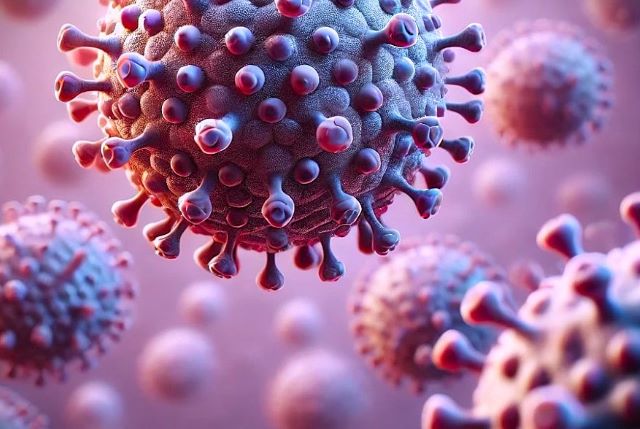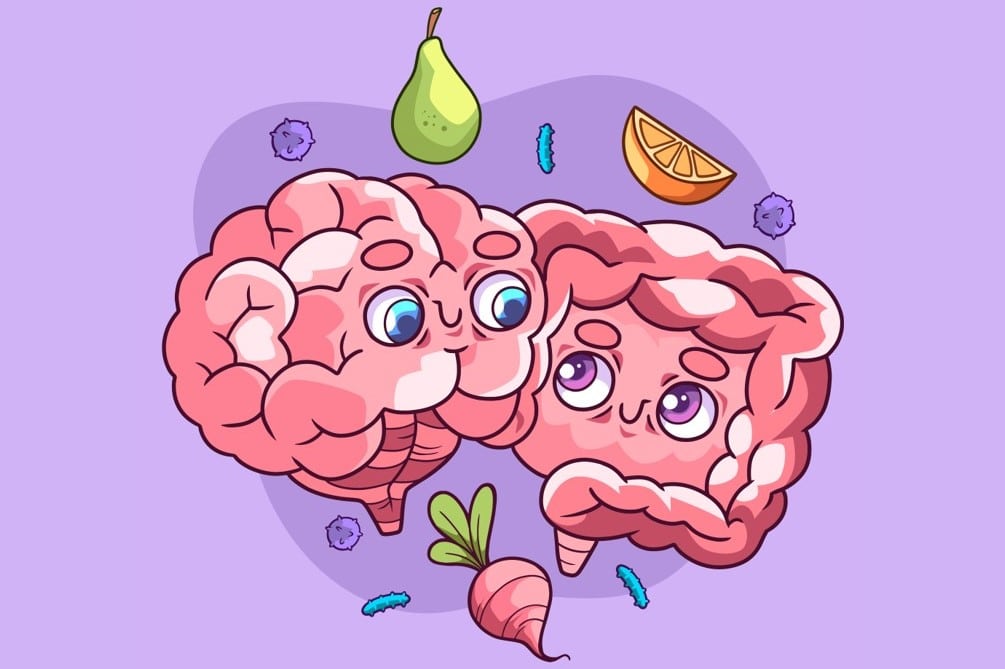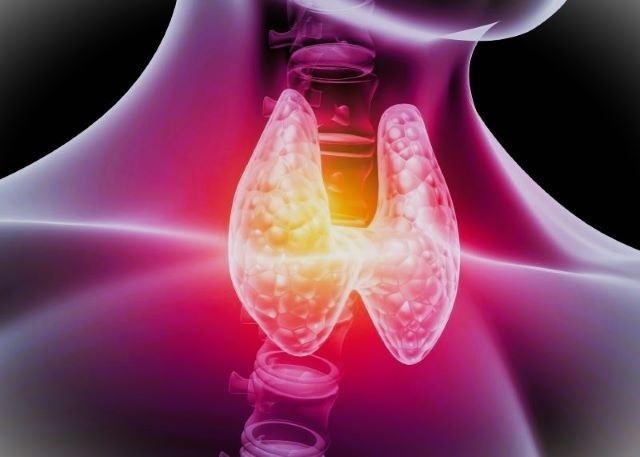EBV and Autoimmune Reactions: The Truth About Epstein–Barr Virus

Epstein-Barr Virus (EBV) is a type 4 herpesvirus and one of eight known viruses in the Herpesviridae family. It is primarily transmitted through saliva and other bodily fluids, earning it the nickname &“kissing virus”.
EBV can affect various organs and systems in the body. For instance, it may influence the central nervous system (linked to multiple sclerosis) and the thyroid gland (as seen in Hashimoto’s thyroiditis). Additionally, EBV is associated with certain types of cancer, such as nasopharyngeal carcinoma, Burkitt lymphoma, and Hodgkin’s lymphoma.









